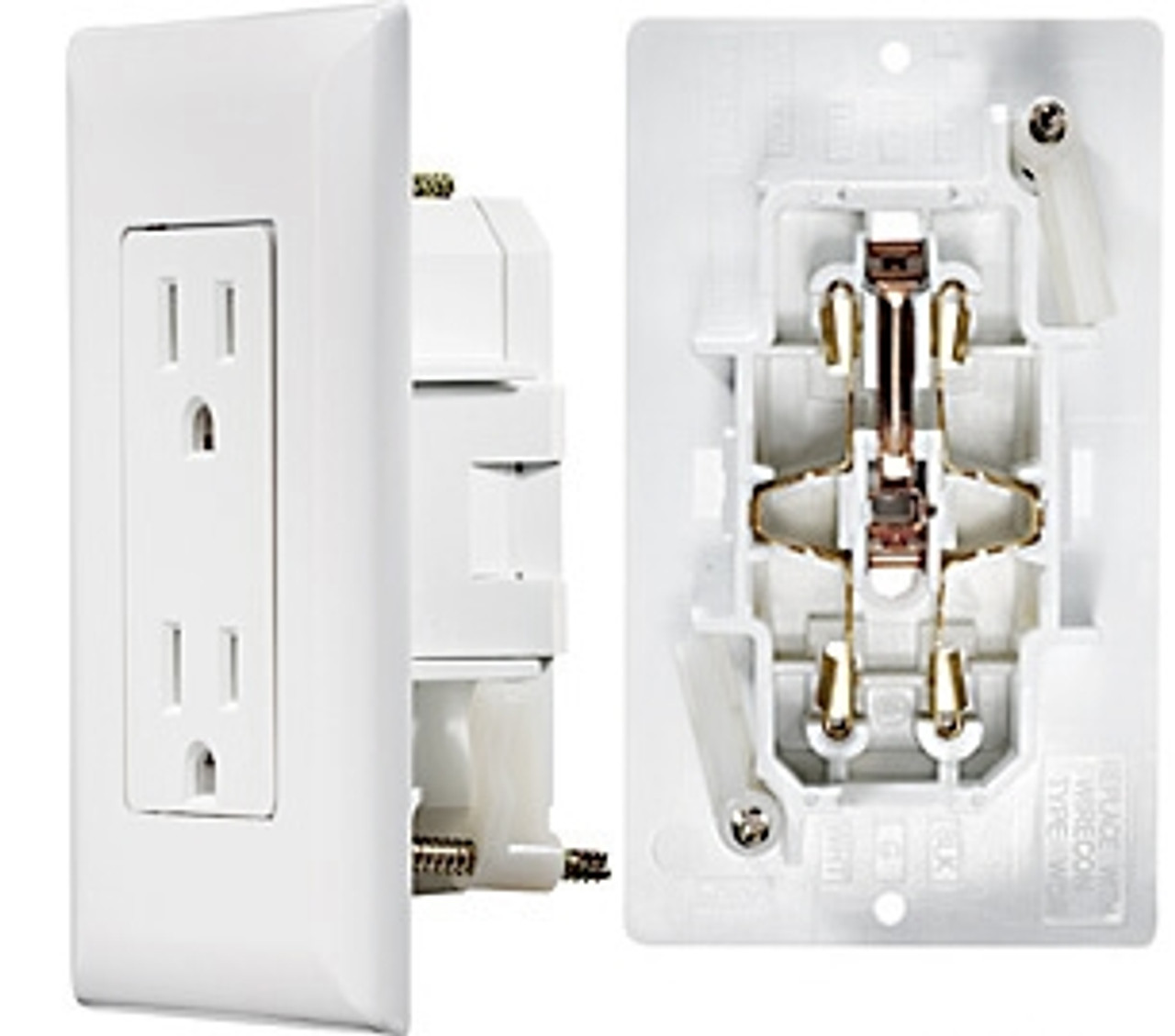Anon_Tech
Mar 31, 2022Explorer
Black Series fire hazard
I'm an RV service technician, I won't say where because I'm making these posts on my own and am not representing them in anyway.
I've discovered a very serious electrical issue in quite a few Black Series units. No link between models or years, I've seen them in '19, '20, '21, and 2022, and models like HQ15, HQ17, HQ19, and HQ21's.
All of the unit's I've looked at have main AC distribution panels that are wildly out of code and extremely dangerous. Most of them have the wires entering loosely through a roughly cut hole in the box, with the wires rubbing the metal and damaging the insulation. I've seen some with breakers rated for more than triple what the trailer is rated for. Some don't have proper ground bars or lugs. Some even have nonsensical and dangerous connections in the box. I could get picky with NEC and find a good dozen violations in them.
All of the issues I have found are extremely dangerous. I've seen ground wires melting, main supply wires with damaged insulation and exposed conductors, loose wires, outlets with no boxes, and plenty of other things.
These all pose a very serious risk of fire, and could easily cause damage, injury, or death. The manufacturer has been made aware of these issues but is doing nothing to alert customers of the danger here. I've filed a few individual complaints with the NHTSA, but it will take more than a handful of complaints for them to investigate the matter.
If these problems are as widespread as they appear then a national recall needs to be issued. I'd like to ask all owners to inspect their units. With the trailer unplugged from shore power, you can remove the 2 or 4 screws securing the cover to the breaker box. If you see these issues please post photos here along with the trailer VIN. I'd also strongly suggest you file a complaint with the NHTSA, and contact Black Series about these issues.
Please see my posts here for photos.
https://rvforums.com/threads/black-series-fire-hazard.10253/
https://www.irv2.com/forums/f50/black-series-fire-hazard-575539.html#post6132794
Here is a link to file an NHTSA complaint.
https://www.nhtsa.gov/report-a-safety-problem#index
I've discovered a very serious electrical issue in quite a few Black Series units. No link between models or years, I've seen them in '19, '20, '21, and 2022, and models like HQ15, HQ17, HQ19, and HQ21's.
All of the unit's I've looked at have main AC distribution panels that are wildly out of code and extremely dangerous. Most of them have the wires entering loosely through a roughly cut hole in the box, with the wires rubbing the metal and damaging the insulation. I've seen some with breakers rated for more than triple what the trailer is rated for. Some don't have proper ground bars or lugs. Some even have nonsensical and dangerous connections in the box. I could get picky with NEC and find a good dozen violations in them.
All of the issues I have found are extremely dangerous. I've seen ground wires melting, main supply wires with damaged insulation and exposed conductors, loose wires, outlets with no boxes, and plenty of other things.
These all pose a very serious risk of fire, and could easily cause damage, injury, or death. The manufacturer has been made aware of these issues but is doing nothing to alert customers of the danger here. I've filed a few individual complaints with the NHTSA, but it will take more than a handful of complaints for them to investigate the matter.
If these problems are as widespread as they appear then a national recall needs to be issued. I'd like to ask all owners to inspect their units. With the trailer unplugged from shore power, you can remove the 2 or 4 screws securing the cover to the breaker box. If you see these issues please post photos here along with the trailer VIN. I'd also strongly suggest you file a complaint with the NHTSA, and contact Black Series about these issues.
Please see my posts here for photos.
https://rvforums.com/threads/black-series-fire-hazard.10253/
https://www.irv2.com/forums/f50/black-series-fire-hazard-575539.html#post6132794
Here is a link to file an NHTSA complaint.
https://www.nhtsa.gov/report-a-safety-problem#index
